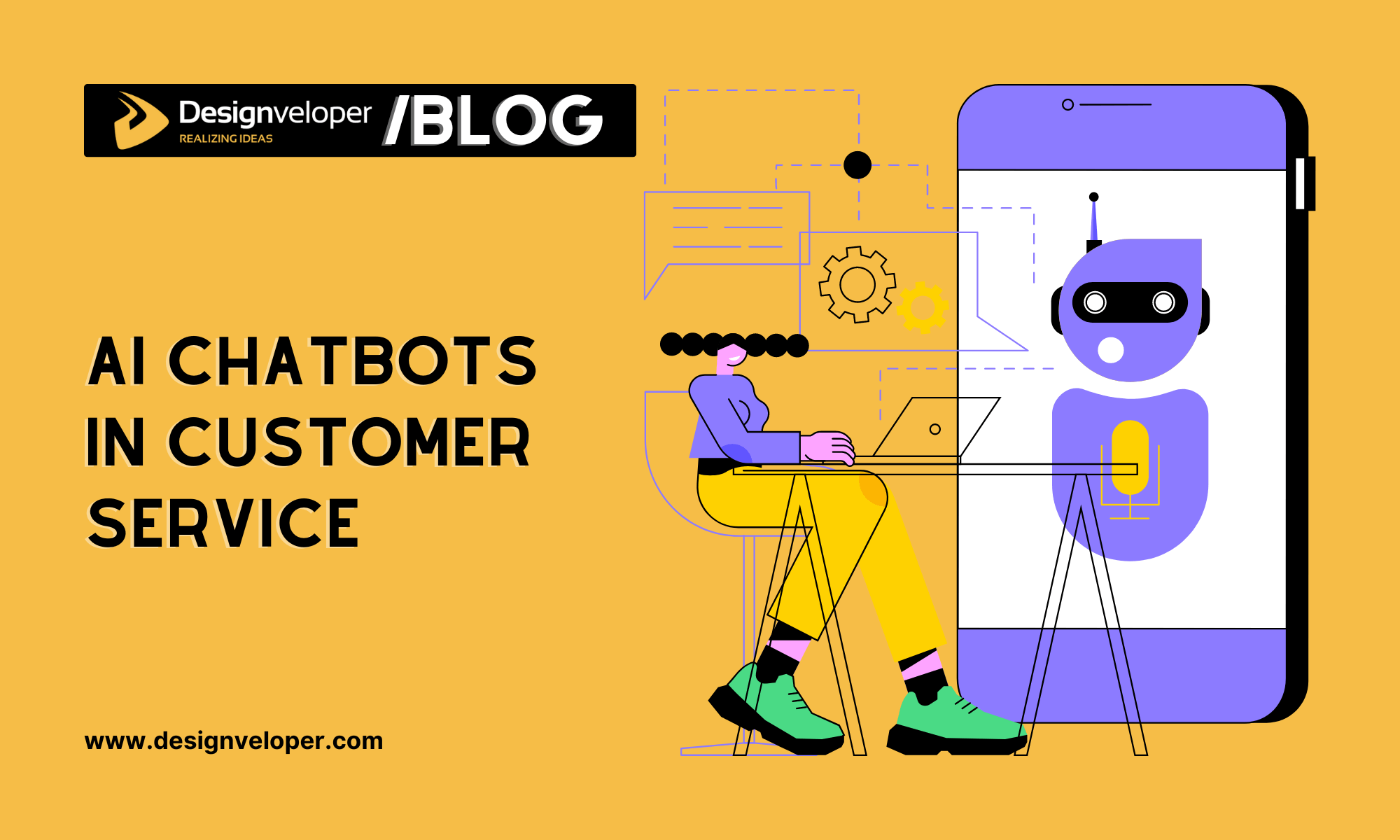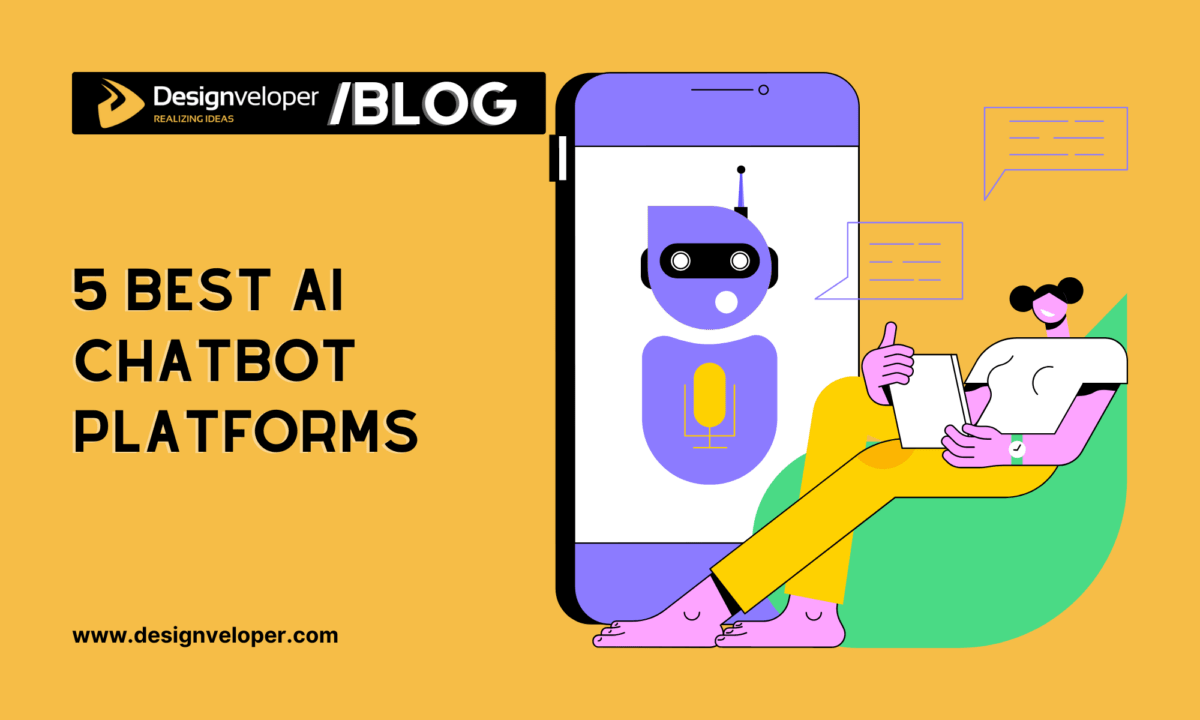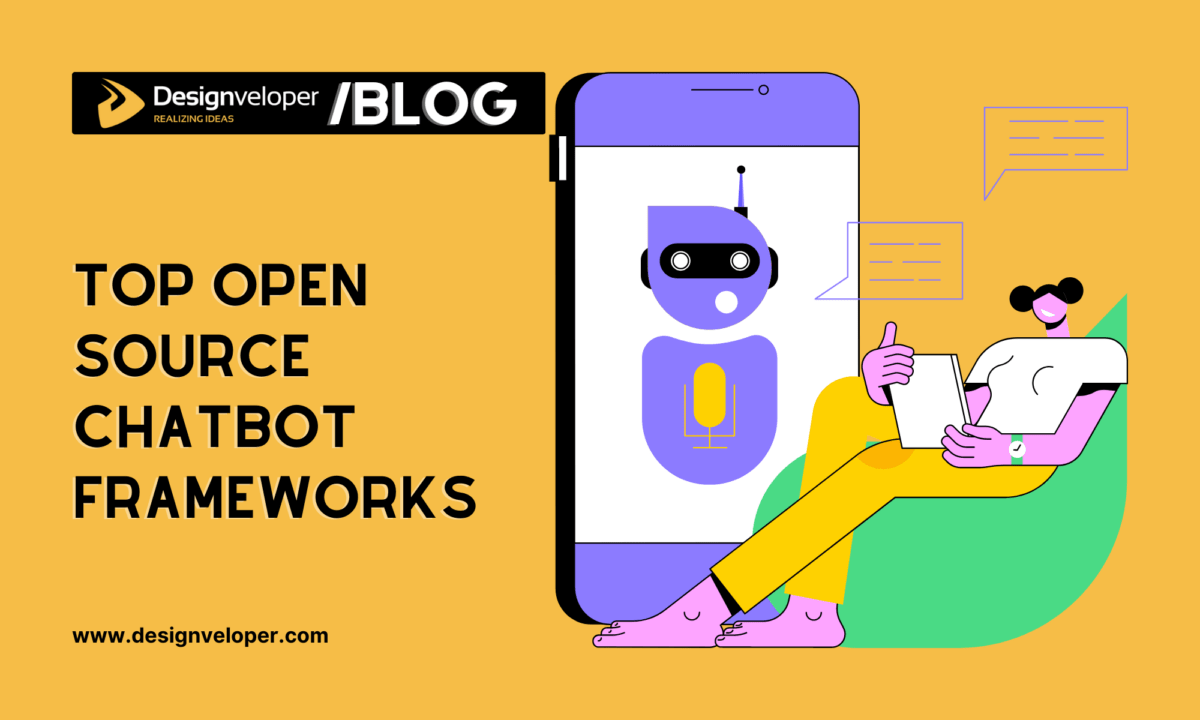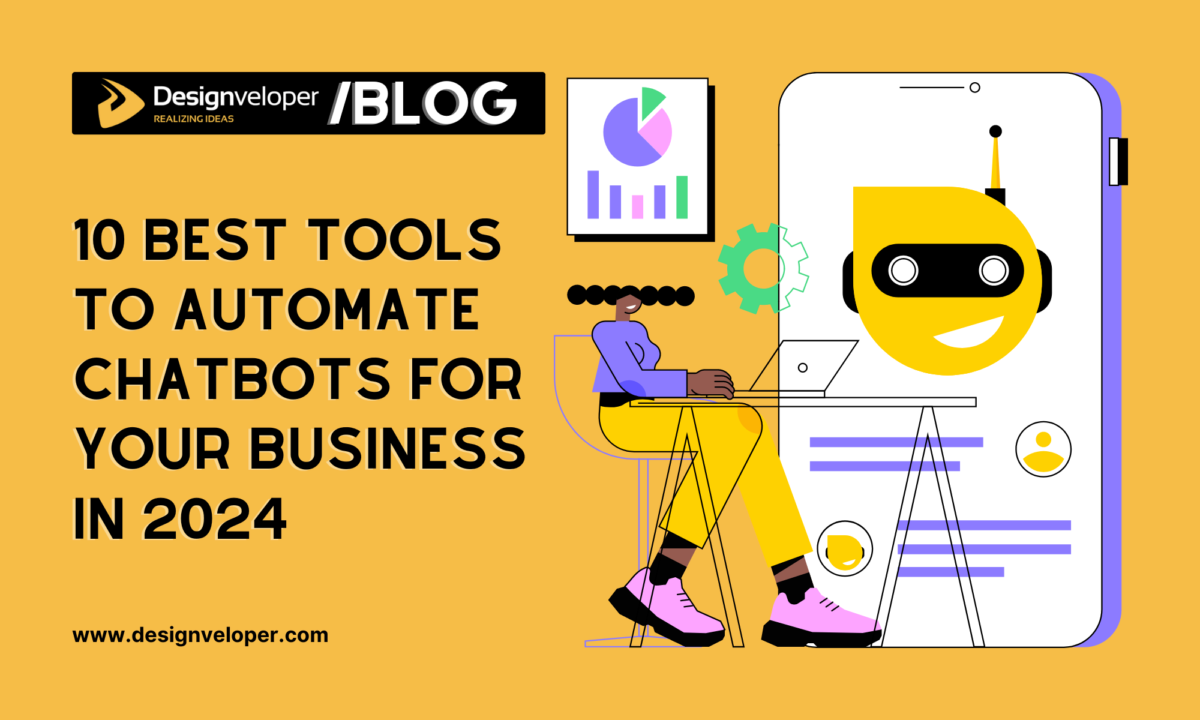
The advent of artificial intelligence (AI) has brought about significant changes in various industries, with customer service being one of the most impacted areas. AI chatbots, in particular, have transformed how businesses interact with their customers, providing efficient, round-the-clock support and improving customer satisfaction. Let’s explore the current trends in AI chatbot technology and how they are transforming customer service.
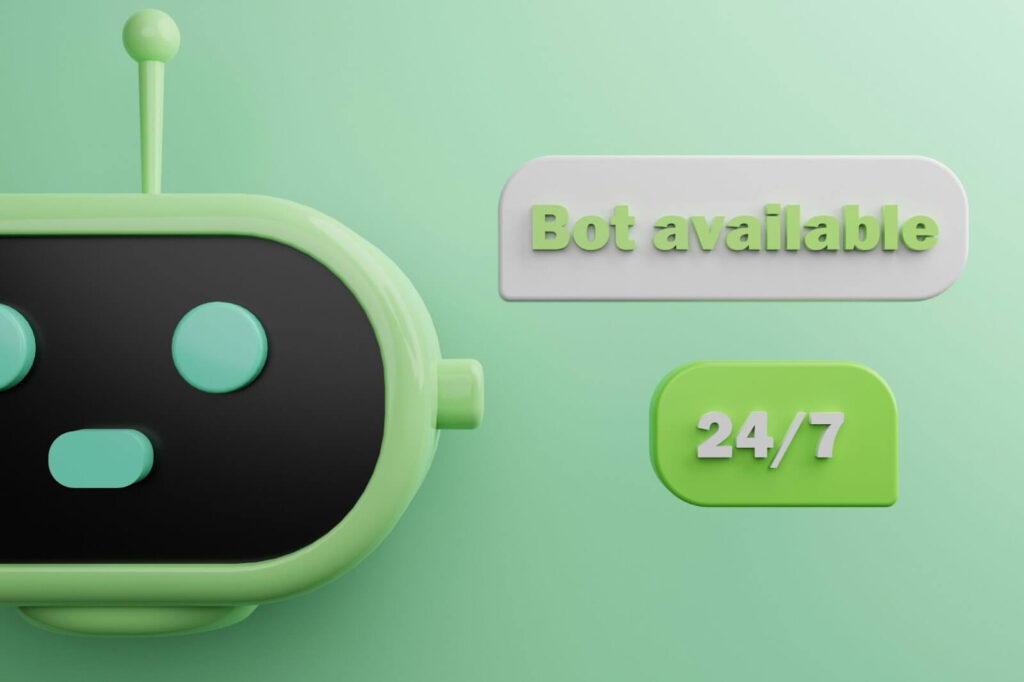
Current Trends in AI Chatbots
The implementation of AI bots in customer service is driven by several technological advancements and industry demands. Key trends include enhancements in natural language processing, deeper integration with customer relationship management (CRM) systems, omnichannel support, and the rise of voice-activated chatbots.
For instance, in the online gambling sector, players of popular games like jet game expect instant, personalized responses to their inquiries about game rules, bonuses, or account issues. AI assistants can meet these expectations by providing accurate and immediate assistance, significantly enhancing the customer experience in high-demand environments.
Current trends are not just about leveraging the latest technology but are also driven by the need to meet evolving customer expectations for faster, more personalized, and efficient service. Businesses are increasingly investing in AI assistants to streamline operations, reduce costs, and deliver superior customer experiences.
1. Natural Language Processing (NLP) Enhancements
NLP is a critical component of AI chatbots, enabling them to understand and respond to human language more accurately. Recent advancements in NLP have led to more sophisticated virtual assistants capable of understanding context, detecting emotions, and providing more relevant responses.
One significant advancement is the development of transformer-based models like BERT (Bidirectional Encoder Representations from Transformers) and GPT (Generative Pre-trained Transformer). They have significantly improved the quality of interactions between chatbots and customers.
2. Integration with Customer Relationship Management (CRM) Systems
By accessing customer data from CRM systems, these bots can offer personalized responses and recommendations, making interactions more meaningful and effective. This integration also helps businesses keep track of customer interactions and improve their overall service strategies.
3. Omnichannel Support
Modern AI assistants are designed to operate across multiple channels, including websites, mobile apps, social media platforms, and messaging apps. This omnichannel support ensures that customers can receive assistance through their preferred communication channels, enhancing their overall experience. Businesses benefit from this trend by maintaining consistent communication with customers across all touchpoints.
For instance, H&M employs a chatbot that operates seamlessly across their website, mobile app, and social media platforms. Similarly, Sephora’s chatbot operates on their website and messaging apps like Facebook Messenger and Kik, providing beauty advice, booking appointments, and product recommendations, thereby creating a unified customer experience.
4. Voice-Activated Chatbots
Voice-activated virtual assistants are becoming more popular, thanks to the widespread adoption of voice assistants like Amazon’s Alexa, Google Assistant, and Apple’s Siri. These chatbots allow customers to interact using voice commands, providing a more convenient and hands-free experience. This trend is expected to grow as voice recognition technology continues to improve.
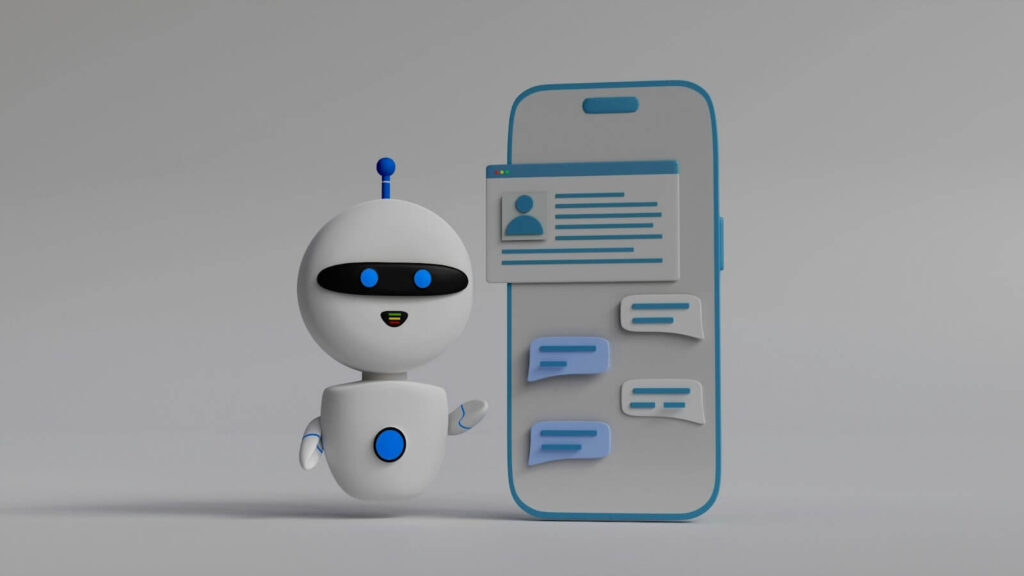
How AI Is Transforming Customer Service?
AI chatbots provide instant responses, reduce the burden on human agents, and can be scaled to meet high demand without compromising on quality. Moreover, the ability of AI-powered bots to learn and adapt from interactions means that they are continually improving, offering better service over time.
1. 24/7 Availability
The ability to offer support 24/7 is a major benefit of AI assistants. They do not need any coffee breaks or rest, guaranteeing that customers can receive assistance at any hour, day or night. This 24/7 availability has led to faster response times and improved customer satisfaction. According to Drift, 64% of internet users say that 24-hour service is the best feature of chatbots.
2. Handling Routine Inquiries
AI chatbots excel at handling routine and repetitive inquiries, such as answering FAQs, providing product information, and assisting with order tracking. Juniper Research estimates that chatbots market size will reach $72 billion by 2028.
By automating routine tasks, businesses can free up human agents to focus on more complex and high-value interactions. This not only improves efficiency but also reduces operational costs.
3. Personalized Customer Interactions
With access to customer data and advanced NLP capabilities, AI chatbots can provide personalized responses and recommendations. For instance, a chatbot can greet a returning customer by name, recall their previous interactions, and suggest products based on their past purchases.
According to Accenture, 91% of consumers are more likely to shop with brands that recognize, remember, and provide relevant offers and recommendations. This level of personalization enhances the customer experience and fosters loyalty.
4. Scalability
AI chatbots can handle multiple interactions simultaneously, making them highly scalable. During peak times, such as holiday seasons or sales events, chatbots can manage the increased volume of inquiries without compromising on response times. This scalability ensures that businesses can maintain a high level of customer service even during busy periods.
5. Data Collection and Analysis
AI chatbots are valuable tools for collecting and analyzing customer data. Every interaction with a chatbot provides insights into customer preferences, pain points, and behavior. Businesses can use this data to improve their products, services, and overall customer experience. Additionally, chatbots can identify trends and patterns, helping businesses make informed decisions.
Future Predictions for AI Chatbots in Customer Service
The future of AI chatbots in customer service is promising, with continuous advancements expected to enhance their capabilities further. Here are some key predictions:
- Advanced emotion detection: Future AI chatbots will likely have more advanced emotion detection capabilities, allowing them to understand and respond to customer emotions better. By analyzing voice tone, text sentiment, and facial expressions (in video interactions), chatbots can provide more empathetic and appropriate responses.
- Proactive customer support: AI chatbots are expected to become more proactive in offering support. Instead of waiting for customers to reach out with issues, chatbots will anticipate problems and offer assistance before they escalate. For example, a chatbot could detect when a customer is struggling to complete a purchase and proactively offer help.
- Seamless human-agent collaboration: Chatbots will handle routine tasks and provide initial assistance, while human agents will step in for more complex issues. This hybrid approach ensures that customers receive efficient and effective support, leveraging the strengths of both AI and human intelligence.
- Greater personalization through AI and machine learning: As AI and machine learning technologies continue to advance, they will be able to predict customer needs, offer tailored recommendations, and adapt their responses based on individual preferences.
- Enhanced security and privacy: With increasing concerns about data security and privacy, future AI chatbots will incorporate advanced security measures to protect customer information. End-to-end encryption, secure authentication, and compliance with data protection regulations will become standard features of AI chatbots.
- Industry-specific chatbots: We can expect to see the development of industry-specific chatbots tailored to the unique needs of different sectors. For example, healthcare chatbots will provide medical advice and appointment scheduling, while financial services chatbots will assist with banking transactions and investment advice.
Conclusion
AI chatbots have already made a significant impact on customer service, providing 24/7 support, handling routine inquiries, and offering personalized interactions. Looking ahead, we can expect even more advanced features, including emotion detection, proactive support, and greater personalization.
As AI chatbots continue to develop, they will play an increasingly vital role in delivering exceptional customer service and enhancing overall customer satisfaction. Businesses that embrace this technology will be well-positioned to meet the growing demands of their customers and stay ahead in the competitive market.
As Designveloper, having immersed myself in the evolving landscape of AI chatbots for customer service, it’s evident that these intelligent systems are reshaping how businesses engage with their customers. Reflecting on current trends and anticipating future developments, it’s clear that AI chatbots are not just a fleeting trend but a pivotal component of modern customer service strategies.






Read more topics




























